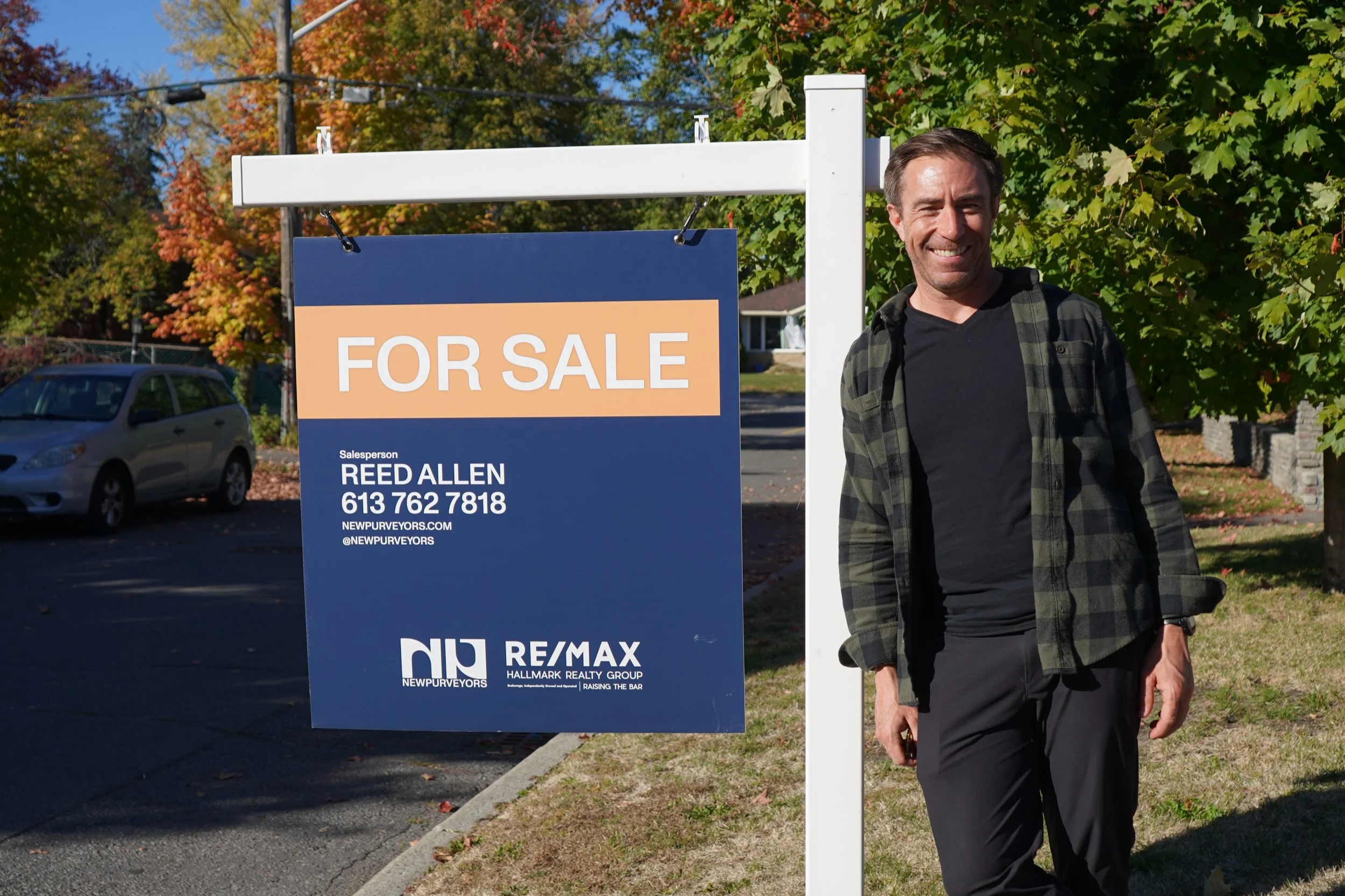What Is a POTL? And Why They're Popping Up All Over Ottawa

Not quite a freehold, not quite a condo—here’s what buyers need to know about Parcels of Tied Land.
If you've been browsing homes in Ottawa recently, you may have come across a strange acronym in the fine print: POTL. It’s short for Parcel of Tied Land, and if it left you scratching your head, you’re not alone.
These types of properties are becoming more common in Ottawa's newer neighbourhoods, but few buyers understand what they are—or why they might actually be a great option.
Let’s break it down.
What Is a POTL?
A Parcel of Tied Land is a freehold property—meaning you own the land and the home outright—but it’s “tied” to a common element condominium. That means you also jointly own and pay for shared spaces, like a private road, snow removal, landscaping, or visitor parking.
Think of it like this:
You get the feel and function of a traditional home, but with some of the perks of condo living—without sharing a lobby or elevator with your neighbours.
What’s Included in a POTL Fee?
Your monthly POTL fee covers the maintenance and operation of the shared elements in your development. That might include:
Private laneways or roads
Shared green spaces
Street lighting
Snow plowing and lawn care
Visitor parking
Fees can range depending on the scale and type of shared amenities, but they’re usually much lower than traditional condo fees, since you're not paying for elevators, pools, or indoor maintenance.
Why Are POTLs Becoming So Common?
Developers in Ottawa—and across Ontario—are using POTL structures to build more compact, efficient communities that don’t rely on city-owned streets or services. It gives builders more flexibility and helps municipalities manage growth.
You’ll often see POTLs in newer developments in areas like Barrhaven, Riverside South, Kanata, and Orléans, where space is at a premium but buyers still want the feel of a freehold home.
Pros and Cons of POTL Ownership
Pros
✅ Full ownership of your unit and lot
✅ Less exterior maintenance (like snow or lawn care)
✅ More affordable than a detached home on a public street
✅ No high-rise condo lifestyle required
Cons
⚠️ Still pay monthly fees (and they can go up)
⚠️ You’re responsible for the shared areas with your neighbours
⚠️ Rules may restrict some things, like exterior changes or guest parking
How to Know If You’re Buying a POTL
Ask your REALTOR® to confirm whether the property is a freehold, condo, or freehold with common elements (POTL). Your lawyer will also flag it in the status certificate during your conditional period.
It’s not a bad thing—in fact, for many buyers, it’s the perfect mix of freedom and convenience—but you’ll want to know what you’re signing up for.
Final Thoughts
POTLs are a smart, low-maintenance option for buyers who want freehold ownership without taking on every inch of outdoor upkeep. As Ottawa continues to grow, you can expect to see more of them.
Looking at a POTL or new-build development in Ottawa?
The team at New Purveyors can walk you through the pros, cons, and hidden details—so you can buy with confidence.




























